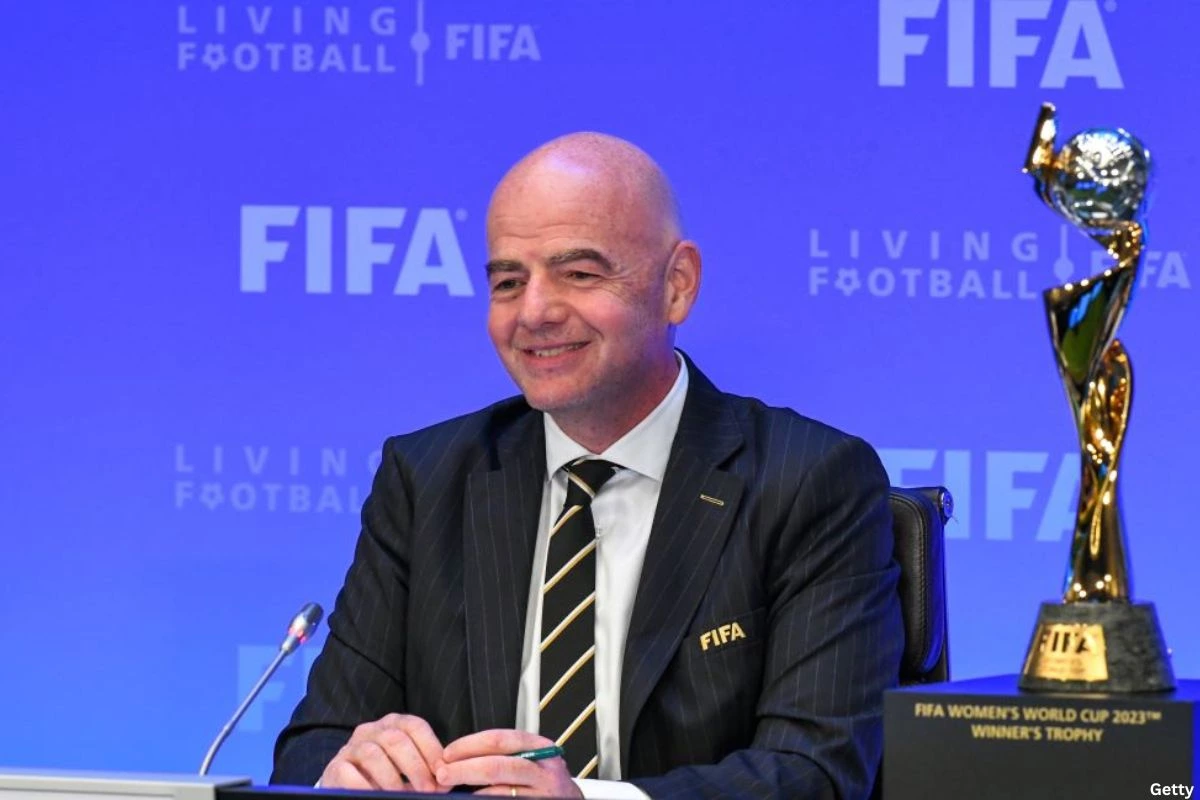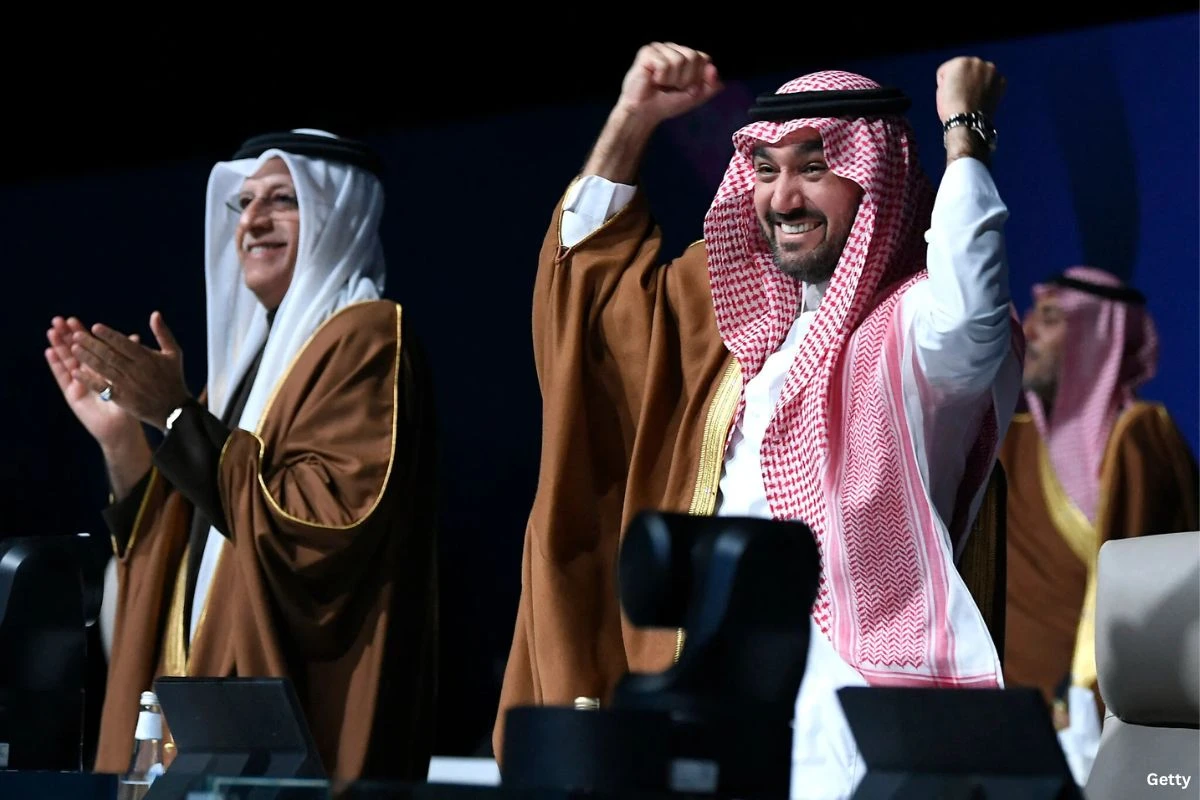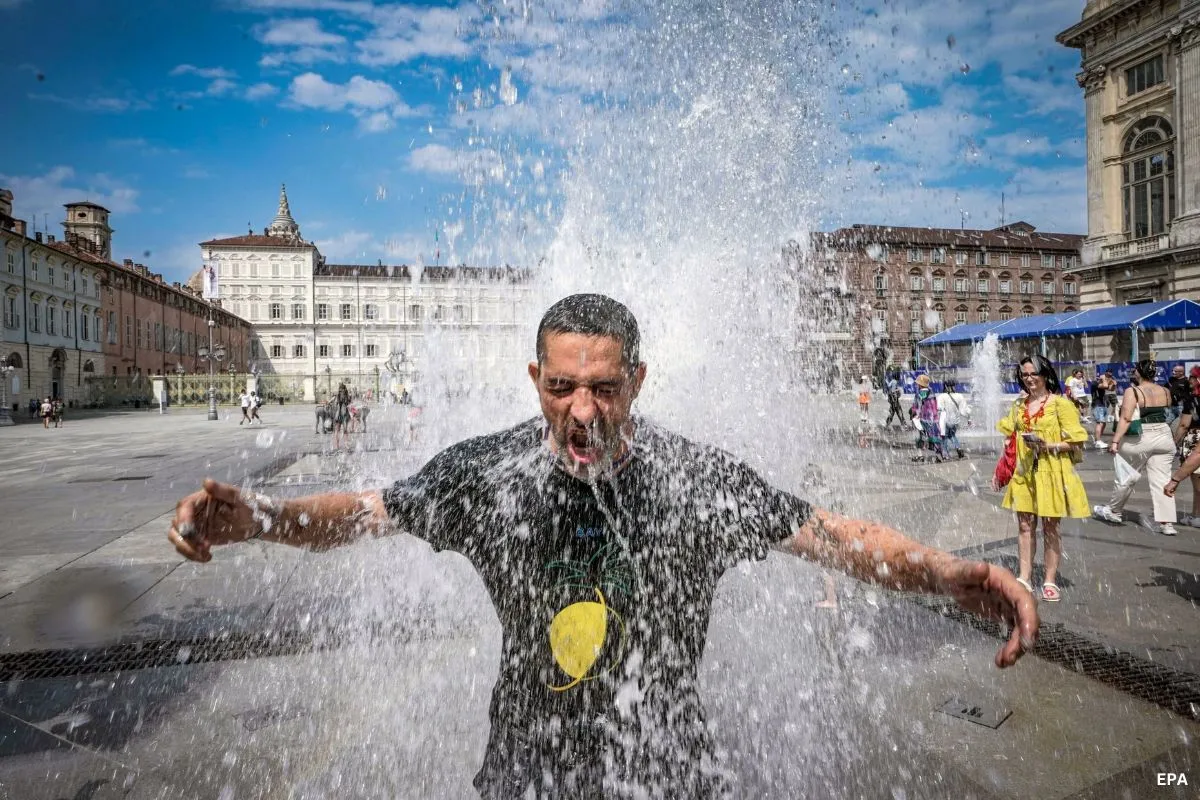FIFA President Gianni Infantino announced on Friday that the Women’s World Cup had generated more than $570 million in revenue, leading soccer’s global governing body to break even. This feat was accomplished despite a tenfold increase in the prize purse compared to the 2015 edition of the tournament.
In a spirited address, Infantino asserted that the ninth iteration of the FIFA flagship event had proven to be the “best and greatest and biggest” so far. He hailed the decision to augment the prize money and expand the team field from 24 to 32, noting that the move had been questioned by some but ultimately validated by the significant financial gains.
“We don’t make enough revenues, we will have to subsidise. And our opinion was, well if we have to subsidise, we will subsidise, because we have to do that,” Infantino stated at the FIFA Women’s Football Convention.
Infantino further revealed that the Women’s World Cup’s impressive financial performance translated into breaking even. The event not only avoided financial losses but also secured the second-highest income among global sports events, second only to the men’s World Cup.
However, the FIFA chief cautioned against directly comparing the prize purses of the men’s and women’s World Cups, emphasizing the broader context of gender equality in soccer. The prize purse for the men’s World Cup in Qatar stands at $440 million, significantly higher than the $152 million awarded to the women’s teams in Australia and New Zealand.
Infantino urged women athletes to focus on meaningful progress, stating, “Pick the right battles. Pick the right fights… keep pushing, keep the momentum, keep dreaming, and let’s really go for full equality.”
Infantino also defended FIFA’s decision to choose Australia and New Zealand as hosts and expand the tournament. He challenged critics who had expressed doubts about the feasibility and impact of these choices, asserting that FIFA’s foresight had been vindicated by the successful execution of the event.
The Women’s World Cup’s crescendo will see England and Spain face off in the final match in Sydney on Sunday, marking the culmination of a landmark tournament that has captured global attention and spurred discussions about the future of women’s soccer.














